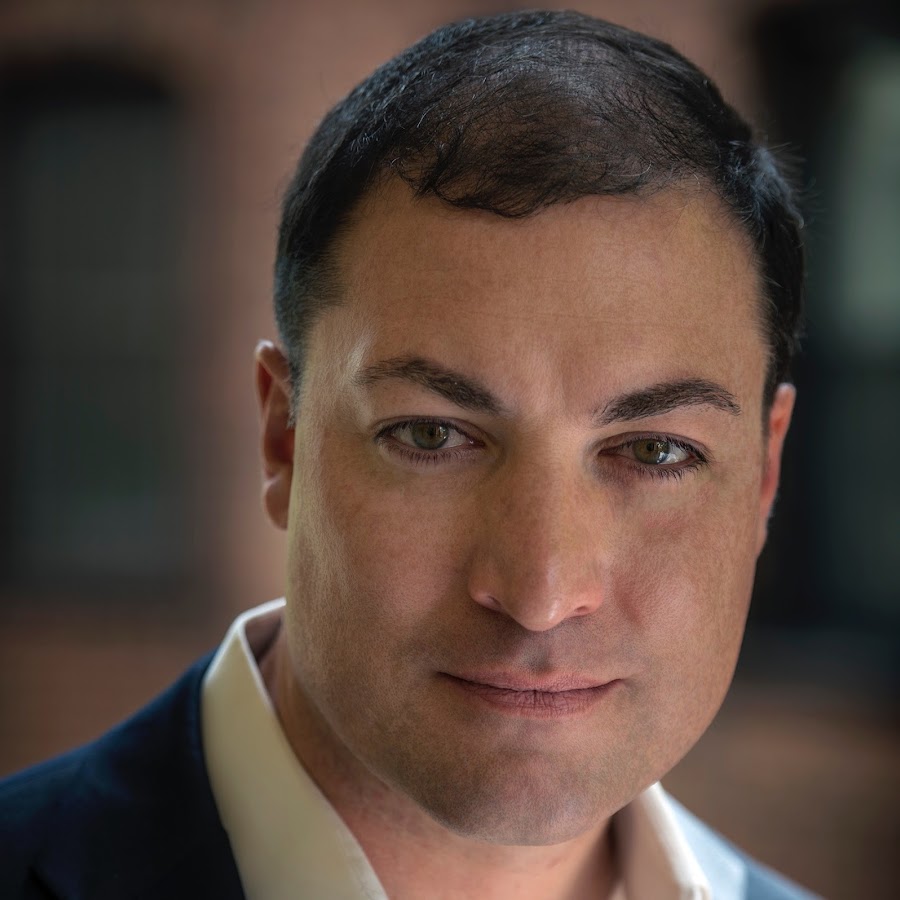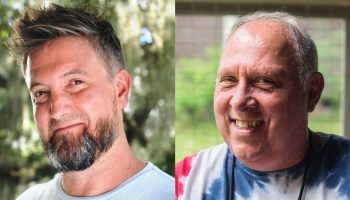There are five federally funded military service academies in the United States. Together, they provide for the undergraduate education and training of commissioned officers in the U.S. Armed Forces.
The oldest of these academies, established in 1802, is the West Point Military Academy, which describes itself as “the preeminent leader development institution.”
West Point’s curriculum for future Army leaders is heavily STEM oriented. Corps cadets choose their majors among computer science, information technology, geospatial information, chemistry and engineering branches — mainly civil/infrastructure, cyber/information technology, robotics, environmental, nuclear and systems engineering, but also electrical.
Author, 21st-century warfare strategist, and National Defense University professor Sean McFate, said West Point’s continuing emphasis on training future leaders, or commissioned officers, to be engineers rather than generalists with multidisciplinary liberal arts knowledge and problem-solving skills, is not what is most needed now.

At 2 p.m. Saturday, July 30, McFate will return to the Hall of Philosophy and the Chautauqua Women’s Club’s Contemporary Issues Forum series to deliver a talk, titled “The Sneaky War: Russia, China, the U.S. and the Emerging Strategic Paradigm.” He delivered a previous CIF lecture on Aug. 10, 2019.
“What I’ll be talking a little bit about at Chautauqua is the war in Ukraine,” McFate said. “But Americans are worrying about the contest between democracies versus autocracies. People are worried that autocracy holds the best cards. … The point of my talk is that (there are) a lot of things democracies can do.”
A liberal arts education, counter to West Point’s curriculum, is actually what will serve the Department of Defense best, McFate said. And he would know, as he was not trained at West Point.
While double majoring in history and religious studies and enjoying classical music and opera at Brown University, he was a cadet in the U.S. Army Reserve Officers’ Training Corps.
Thereafter, he completed boot camp at the U.S. Army’s military installation in Fort Bragg, North Carolina, and began his military career in the famed 82nd Airborne Division as a paratrooper and officer.
Graduating from Jungle Operations Training Center in Panama and other elite training programs, McFate served as a jumpmaster before leaving the Army in 2000. During the following three years, he worked for Amnesty International as a military-human rights bridge-builder and policy adviser.
After three months at Harvard University’s Kennedy School of Government, he temporarily paused his Master of Public Policy studies because Blackwater, a private military academy, recruited him to raise an army in Africa, and to plan and run its operations there as a private military contractor and paramilitary, otherwise known as a mercenary soldier.
Having returned to the Kennedy School to complete his master’s, McFate worked for a year for the U.S. Institute of Peace as a consultant. He moved on to executive-level political risk consulting for other organizations, and he conducted independent research on the future of war at New America, a centrist public policy think tank.
McFate also began teaching graduate courses to senior military and civilian leaders at National Defense University.
In 2012, in the U.K., he earned his Doctorate in International Relations at the London School of Economics and Political Science. He titled his doctoral dissertation, “Durable Disorder: The Return of Private Armies and the Emergence of Neomedievalism.” Out of it emerged the first of his three nonfiction books to date, Building Better Armies: An Insider’s Account of Liberia, which was published in 2013.
It was followed by The Modern Mercenary: Private Armies and What They Mean for World Order in 2015, and The New Rules of War: How America Can Win — Against Russia, China, and Other Threats in 2019, which Economist magazine named as a Book of the Year in December 2019.
In addition, McFate has written eight scholarly book chapters for academic volumes, contributed articles to major newspapers and journals, and appeared on numerous television news programs.
McFate also created a book series of fast-paced, action thrillers featuring protagonist Tom Locke who finds himself in dangerous circumstances similar to what McFate had experienced. He co-wrote his first two books of “faction” — Shadow War and Deep Black — with Bret Witter.
For the third, 2020’s High Treason, McFate wrote solo. Writing the first book of the series solo, and during the beginning of the COVID-19 pandemic was a successful venture, as best-selling novelist James Patterson has given it high praise.
After that, “the pandemic has slowed publishing down,” he said.
Since 2019, McFate has served as a nonresident senior fellow at the Atlantic Council’s Africa Center; an adjunct associate professor at Georgetown University’s Center for Security Studies Program; an adjunct professor at Syracuse University’s Maxwell School of Citizenship and Public Affairs in Washington; and an adviser at Oxford University’s Centre for Technology and Global Affairs.
He is also a consultant to the U.S. military and intelligence community, the United Nations Commission on Human Rights, and a U.N. working group on mercenaries. For the past six months, McFate said he’s been focused on Ukraine.
An important part of his work is advocating for liberal arts thinkers in the military.
“The Department of Defense is busy trying to refight World War II with new technology,” he said. “It’s a strategic problem. They want to refight the Battle of Midway with new carriers. … A liberal arts background provides the best strategic thinkers. … We need people who can think through ambiguity and complexity. … West Point training is in engineering. It’s complicated, but not complex. They look at the liberal arts as absurd.”
By complicated, McFate means, for instance, a challenging but solvable and predictable problem, such as the ability to design, build, take apart and rebuild a 6 million-part Boeing 747.
And by complex, he means politics, which cannot be reverse engineered.
“A long war is armed politics at the strategic level,” McFate said. “… For Russia, conventional warfare means war shot (via) war crimes — in Chechnya, Syria and Ukraine. A lot of the media can’t get past the war crimes to tactics. War crime is a strategy. Russia is immune to naming and shaming. We need multidisciplinary generalists who can think around complexity. For engineers, a liberal arts education means cognitive dissonance and failure.”
The military academy at West Point has posted information about its military curriculum online, including the following: “Choosing an area of academic specialization deserves special mention. Without exaggeration, it is the most important academic decision a cadet will make at the Military Academy. Much of the rationale for the presentation of core topics before the selection of a major is to ensure that cadets have the best information available upon which to make that decision.”
During their first two years, plebes and yearlings, colloquial names for freshmen and sophomores, take college-level courses in calculus, chemistry, basic engineering, physical geography, information technology, math, physics, probability and statistics.
Their curriculum also includes a smattering of non-STEM introductory courses: economics, English composition, English literature, a foreign language, history (military, and U.S. or regional), philosophy and ethical reasoning, political science, and psychology.
In years three and four, cows and firsties — juniors and seniors — focus on their branch of engineering, or less often, on their computer science, information technology, geospatial information, or chemistry major. They also take courses in constitutional and military law and leadership, international relations and physical fitness.
While there is no generally accepted agreement on a definition of strategic thinking, and no established list of essential competencies, there is a body of reputable social science research about strategic thinkers that highlights the importance of developing a capacity for foresight by exploring all future possibilities and by questioning conventional thinking in order to enhance current decision-making.
“My greatest fear from the war in Ukraine, from the U.S. side, is that the Pentagon and others will learn all the wrong lessons,” McFate said. “Confirmation bias will feed our herd mentality. I don’t know what lessons China is learning for Taiwan, but I don’t think war with China is inevitable.”
McFate cited the benefits of liberal arts education in Washington economics.
“All the strategic thinkers within the (Washington) beltway are wrong,” he said. “The best education is liberal arts. … It’s dangerous to learn all the wrong things and we don’t have to spend $1.5 trillion (on the Department of Defense). We can update our strategic prowess for much less.”
All told, with his parachutes in the air and boots-on-the-ground military training and action, private paramilitary experience, high-level consulting for nonprofits, international companies and nongovernmental organizations, advanced multidisciplinary liberal arts education, and experience teaching and advising students and professionals at four universities, McFate is qualified to weigh in authoritatively on the future of war and geopolitics, and on 21st-century warfare strategy and preparation.
And, on whether or not West Point is truly “the preeminent leader development institution.”




